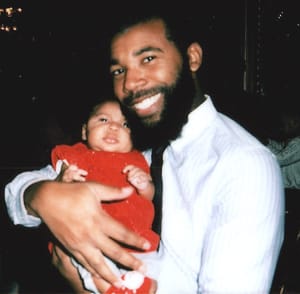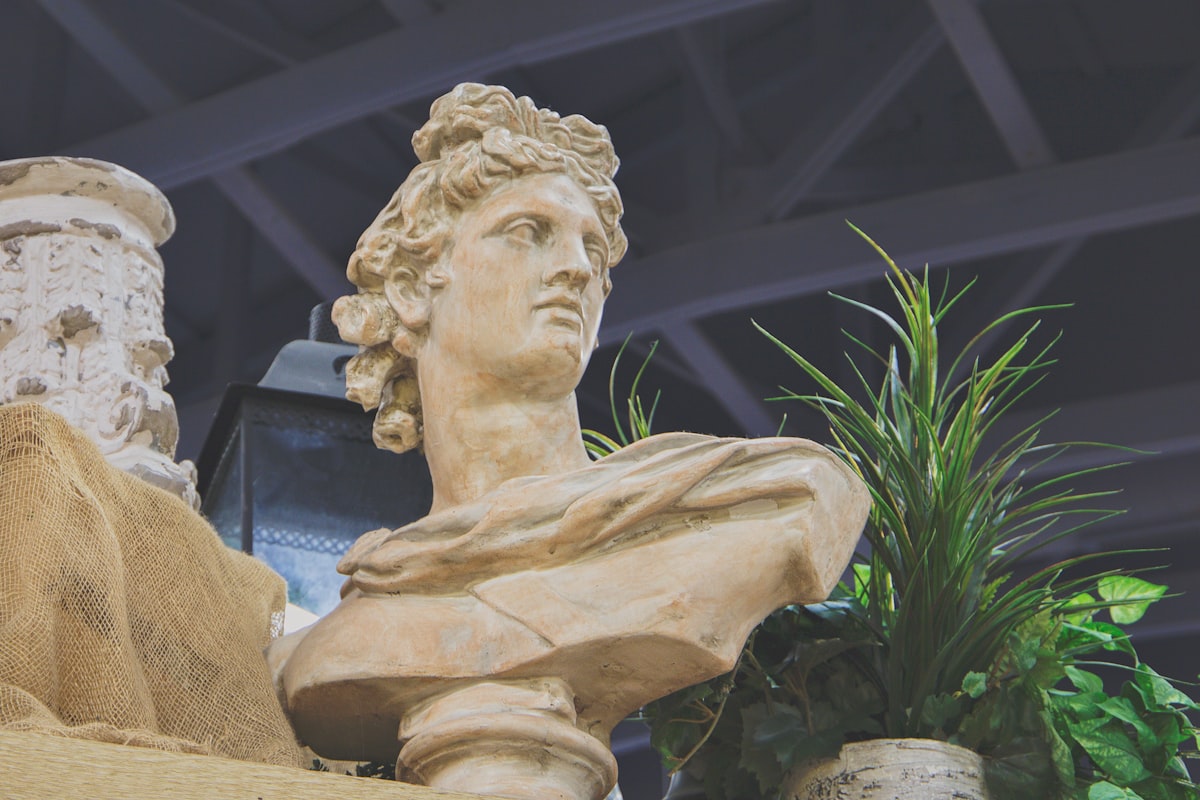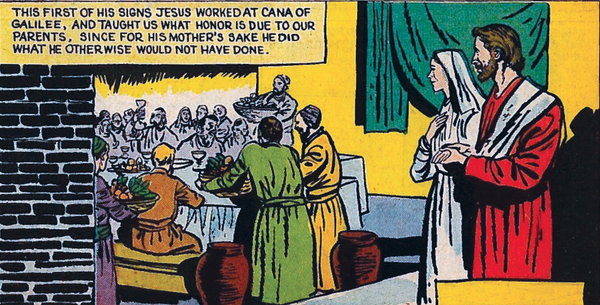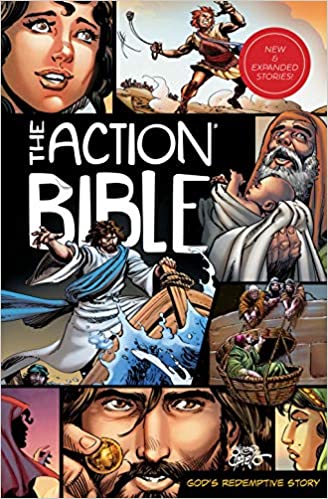Hello, I’m Shalone Cason and I make biography lessons.
But...why am I making biography lessons? In short, because I love learning about people and their place in history. Secondly, because I hope you will learn something new as well as become a better person. So let me tell you a little about the history of biographies...
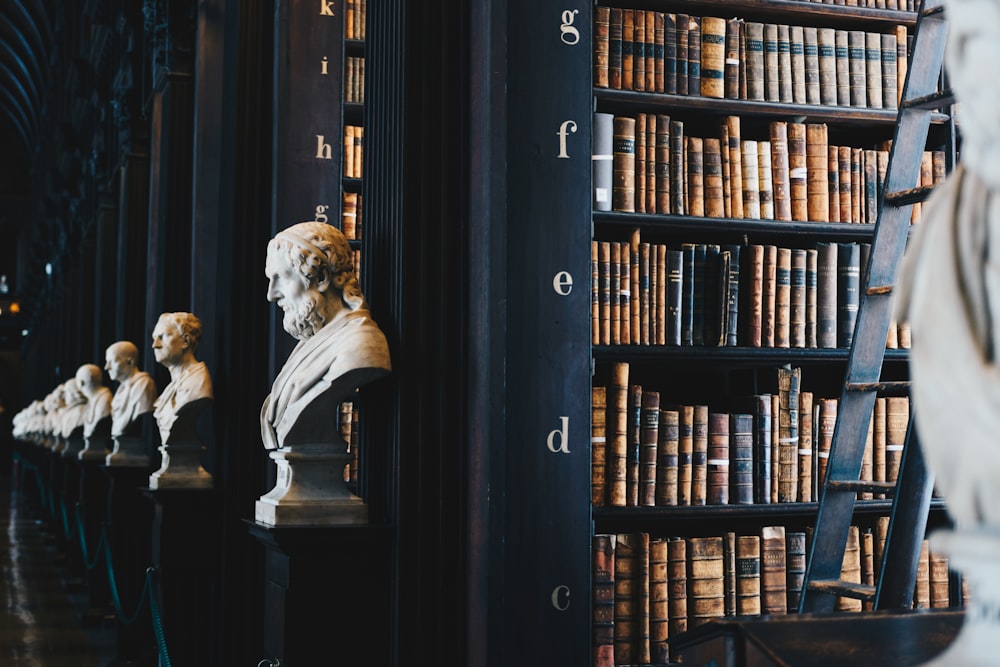
What is a Biography
A biography, or simply bio, is a detailed description of a person's life.
It involves more than just the basic facts like education, work, relationships, and death; it portrays a person's experience of these life events. Unlike a profile, curriculum vitae or résumé, a biography presents a subject's life story, highlighting various aspects of their life, including intimate details of experience. Biographical works are usually non-fiction, but fiction can also be used to portray a person's life.
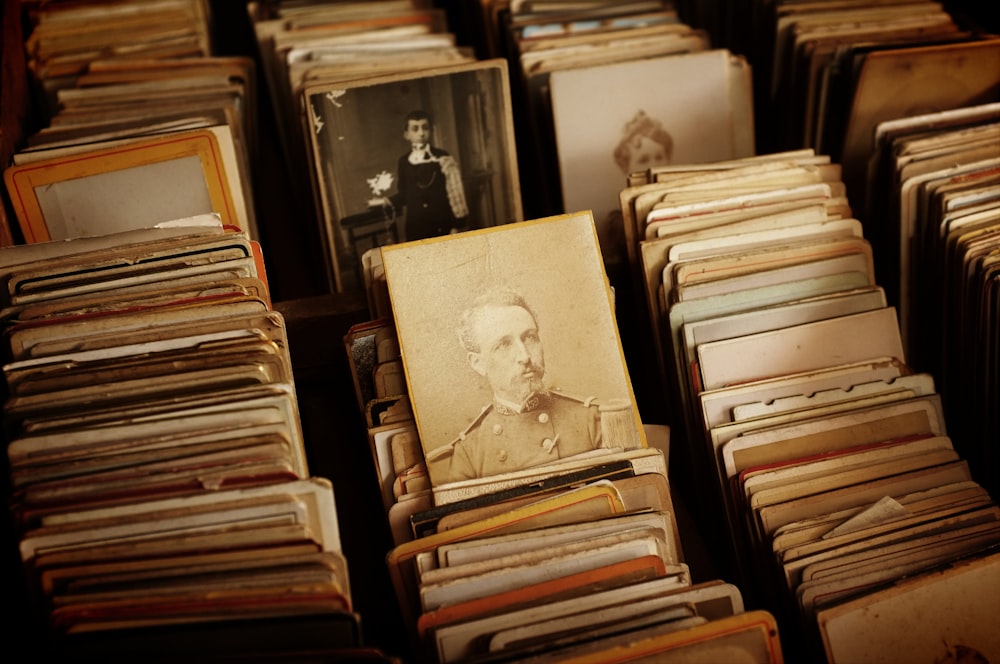
What are the Types of Biographies?
An authorized biography is written with permission, cooperation, and at times, participation from the subject or their heirs.
An autobiography is written by the person himself or herself, sometimes with the assistance of a collaborator or ghostwriter.
Many biographies are unauthorized, that means that people write about the lives of other people because they believe their life story is important. Even though they don’t have permission from family members or the person in question to do so.

How did Biographies Begin and Mature?
One of the earliest biographers was Cornelius Nepos, who published the Lives of outstanding generals in 44 BC. Longer and more extensive biographies were written in Greek by Plutarch, in about 80 A.D. In Plutarch's work, famous Greeks are paired with famous Romans, for example the orators Demosthenes and Cicero, or the generals Alexander the Great and Julius Caesar. Another well-known collection of ancient biographies is On the Lives of the Caesars written by Suetonius about AD 121 in the time of the emperor Hadrian.

In the early Middle Ages (AD 400 to 1450), the only repositories of knowledge and records of early history in Europe were those of the Roman Catholic Church. During this time, Hermits, monks, and priests copied bibles and ancient books, wrote commentaries and biographies. Most of the books we have from before the 5th century were copied and preserved by Roman Catholic scribes. Without them, we would know very little about European history and historical figures.

Why are Biographies Important?
They are important because they are meant to be inspirational. When you learn about someone else’s achievements and how they overcame difficulties, you might find inspiration in their lives. Biographies can also be a source for changing your mind or learning new ideas. Furthermore, they give us a peek into the everyday lives of normal people. History books usually focus on cities, countries, and nations. Biographies are intimate. They are close encounters with real people just like you and me.
Most importantly, They are the perfect source for learning how to live a better life, because someone has already lived that life. Someone has already made mistakes so you don’t have to. Someone has already defeated their enemy, won the gold medal, brought their family together, and overcome depression. Why go through life without the help of all the people who have gone before you and dealt with similar, if not the same issues?

Conclusion
Biographies aren’t simply books and movies. They are not just something you write a report about in school. They are a treasury of knowledge waiting to be opened and utilized for the greater good of mankind. I make biography lessons because I want to become a better person, and I want you to have the same opportunity.

In short, why should you experience more biographies, well as they say, you only live once, but with biographies, you can live as many times as you need. God bless, and until next time, stay holy my friends +
